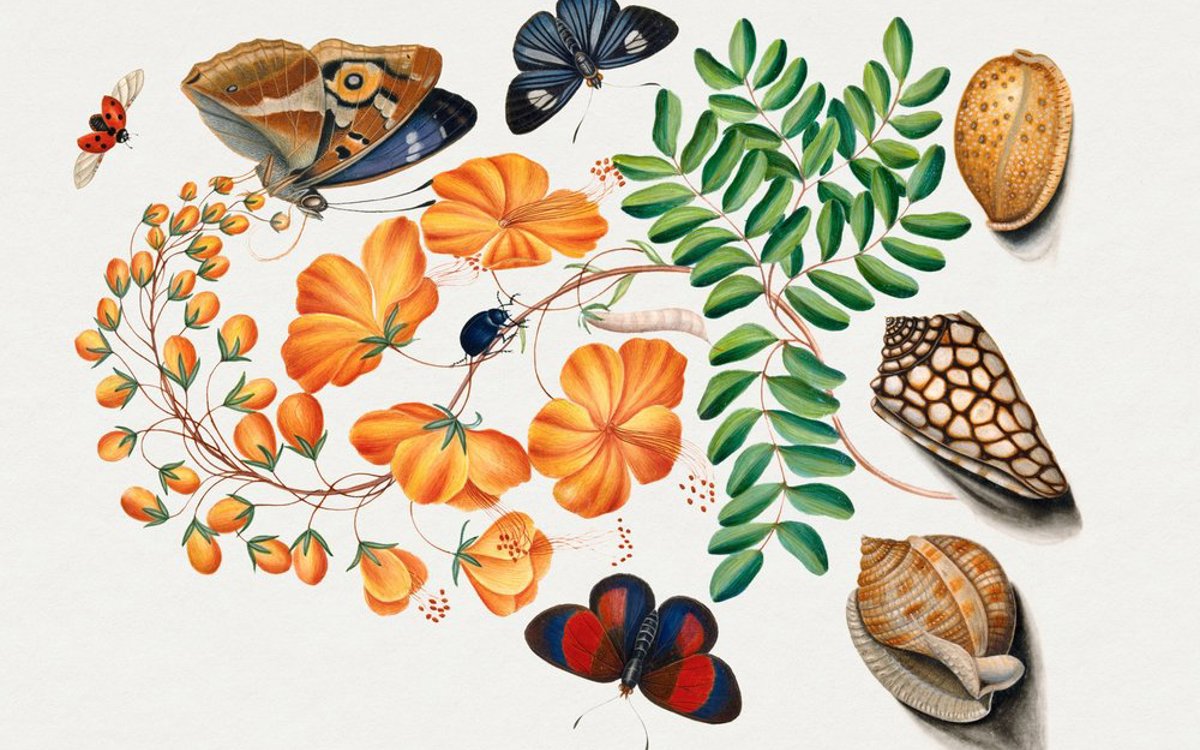As we face the defining issue of our lifetime, the search for solutions asks that we unlock our imaginations.
By Joanna Newman, ACU

As we face the defining issue of our lifetime, the search for solutions asks that we unlock our imaginations.
By Joanna Newman, ACU
The questions underpinning this issue of The ACU Review could scarcely be more salient: how can humankind rethink its relationship with the natural world? What are the forces that shape society’s attitudes and actions, and how did our relationship with the planet veer so dangerously off the rails?
Every article is a reminder that the environmental challenges we face are far more than simply technical or physical, but are enmeshed in a tangle of social, cultural, economic, and political factors. Our environmental crisis is, without doubt, a global issue, but it is also a Commonwealth one: not only because many Commonwealth countries are on the frontline of its impact but because the overexploitation of our planet has roots in colonial enterprise and the appropriation and plunder of land and resources. In many Commonwealth countries, colonialism sought to fracture the relationship between people and place. Several authors link the exploitation of nature and the subjugation of peoples and cultures, the legacies of which remain all too real.
Finding solutions to this complex and far-reaching crisis asks that we work together across borders and disciplines, and there can be few places better suited to this than universities. The ACU are vocal champions for the vital role of universities in tackling climate change and safeguarding the planet – not only through teaching, research, and local and global partnerships, but as a vibrant and vital meeting place for ideas; for challenging the status quo and asking: how can we do things differently?
Exploring these challenges here is a diverse group of academics from across the Commonwealth. Their insights and ideas draw not only on their wide-ranging disciplines – ecology, law, philosophy, biology, geography, anthropology, and literature – but on the rich mix of cultures, faiths, voices, and experiences that characterise our global network.
Articles take us on a journey through the causes and consequences of our fallen relationship with the natural world, the challenges – both practical and ethical – of coexistence, and the misguided myths of a pristine wilderness. All emphasise the need to ensure that a focus on the rights of nature does not undermine the rights, lives and livelihoods of humans, with many pointing to the harmful legacies of colonialism in conservation practice and thought.
In the grim light of the climate crisis, ideas and imagination may seem peripheral to the more decisive-seeming arena of action. But that is to underestimate their transformative potential. As one author reminds us, there is no sector of society that isn’t shaped by hidden assumptions about the relationship between humans and nature – whether it’s how we run our economy, design our towns, or make the laws that govern and guide us. The climate crisis calls for action, certainly, but also a shift in thinking. It asks that we unlock our imaginations and experiment with new and old ways of thinking and knowing about the future of our shared, imperilled planet.
Dr Joanna Newman is Chief Executive and Secretary General of the ACU.
The ACU Review is published for information purposes only and no liability is accepted for its contents by the ACU or by any contributor. Opinions expressed are those of the authors and do not necessarily represent the views or policies of the ACU.
The ACU Commonwealth Climate Resilience Network brings universities together to share practical knowledge and experience of building resilience to climate change and natural disasters.

